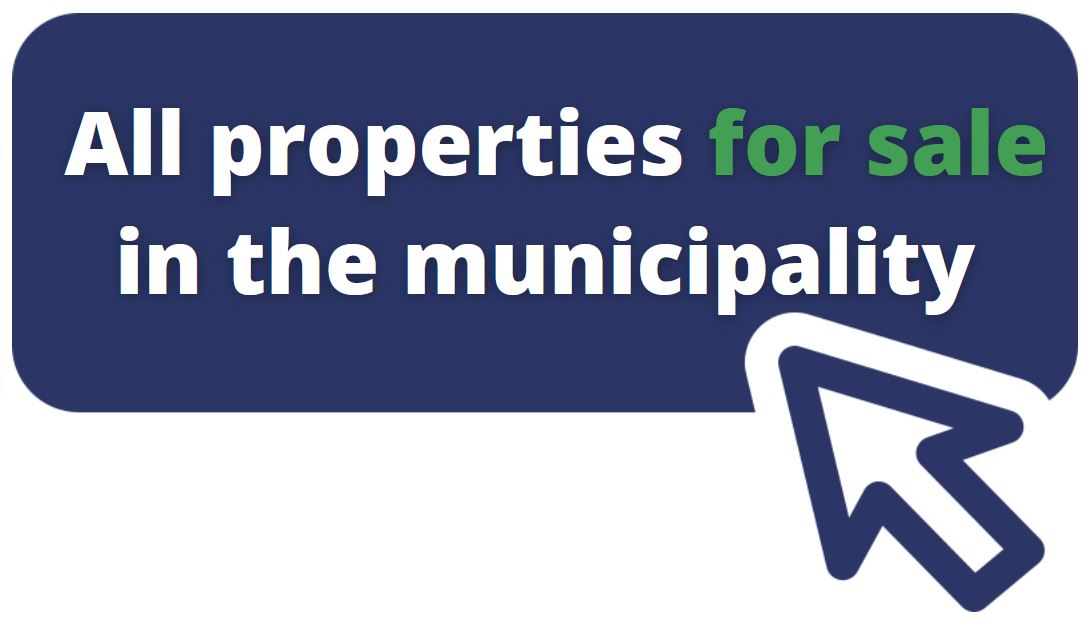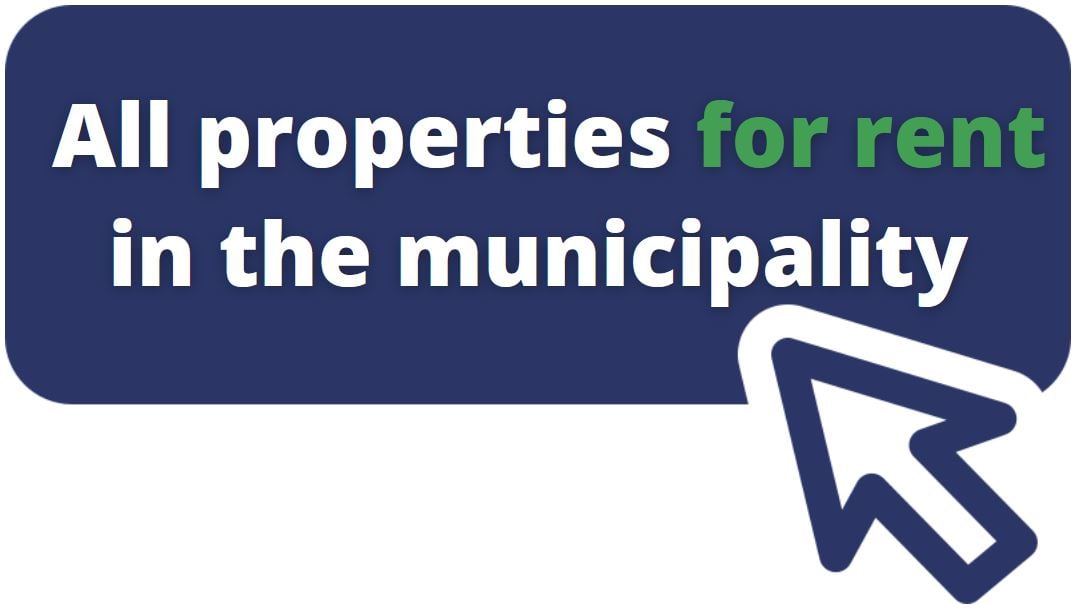.jpeg)
Living in Luxembourg: Focus on the Municipality of Wiltz
Situated 40 km north-west of the capital, i.e. three quarters of an hour away via Ettelbruck and the national road 15, Wiltz boasts a rich past and a green natural setting. And this stronghold of tourism located in the north of the Grand Duchy is also an ideal place to live. Its facilities, services and leisure activities are first-rate, just enough to foresee a family life rhyming with oxygen!
Moving to Wiltz
Situated on the banks of the river of the same name, the municipality counts 7,600 inhabitants, 5,500 of whom live in Wiltz alone. The others are spread over the villages of Erpeldange, Eschweiler, Knaphoscheid, Roullingen, Selscheid and Weidingen.
This 39 km² municipality located on a hilly area (320 to 500 m above sea level) has all the makings of a small town in the countryside. Its services and leisure facilities are just as good. A real plus for families looking for a real quality of life!
→ Educational and service infrastructures
In terms of education, in addition to nurseries for very young children, Wiltz has four basic schools, including one "all-day" structure. The locality also provides schooling for adolescents with the Lycée du Nord. This secondary school offers a boarding formula. Finally, as far as higher education is concerned, Wiltz is home to the Brookins Business Institute, which trains managers in the field of tourism and the hotel industry, a flourishing sector in the region that promises interesting employment opportunities for young graduates...
Offering local shops as well as areas with supermarkets, the town is also very well-equipped in terms of medical infrastructure. Wiltz is one of the two sites making up the Centre hospitalier du Nord, which has 357 beds, an emergency service and employs a total of 134 doctors.
→ Leisure and culture at its best!
If tourists flock here, it is because the municipality offers a large range of centres of interest. Indeed, Wiltz boasts several museums. The Beer Museum, located in the castle stables, traces 6000 years of brewing history. This visit is completed by the picturesque Jhang Primus café and a microbrewery. There is also the museum of the tannery, the other economic speciality of the town, which in the inter-war period counted 28 establishments with more than 1,000 employees. Also worth a visit is the Battle of the Bulge Museum, which focuses on the daily life of soldiers and inhabitants during the terrible fighting in the winter of 1944, and the Firemen's Museum, which is dedicated to firemen and their equipment.
Also worth mentioning is the Prabbeli Socio-Cultural Centre, which includes an exhibition hall and a cinema in the premises of a former brewery.
In addition to the signposted paths of the heritage sites, the municipality also offers many interesting walks:
- the 2.5 hectare Wiltz Gardens, where the plantations and sculptures located on the terraces form a work of art in themselves,
- the monument dedicated to the poet Michel Rodange (19th century) and the beautiful park that surrounds it,
- the site of the former tanners' windmill,
- and, eventually, the decanal church with its Gothic naves.
The magnificent castle of feudal origin, modified in the 18th century, which dominates the town and whose courtyard hosts an internationally renowned artistic festival (concerts, theatre) every summer, and the monument to the 1942 Strike (act of resistance against the Nazis) complete this vast panorama.
Finally, Wiltz is particularly lively at Whitsuntide with the broom festival (flower parade) and in September with the lantern nights, which illuminate the upper town (around the castle) and the lower town (along the river) in a magical way.
For sports, go to the Kaul leisure centre where you will find a swimming pool with recreational equipment, as well as bicycle and skate tracks... Not mentioning the many hiking trails winding in lush natural surroundings.
Luxembourg Real Estate: Prices in Wiltz
Moving toWiltz in a bucolic setting is already the option chosen by many families who previously lived in an urban environment. Its attractive economy adds to the interest in building a property in the municipality.
And prices remain appealing, with flats selling for an average of €4,319 per m². It is also possible to build, the average price of a new flat being around 4,746 euros per m².
The history of the commune of Wiltz
Like many villages in the Ardennes, Wiltz, situated on the very strategic and busy Roman road to Trier, has existed since antiquity.
In 1631, a new castle was built, the one we know today. The French Revolution sounded the death knell for the dynasty of the lords of Wiltz and the feudal system.
Economically, the crafts businesses (leather work, breweries) employed a large part of the population, but a humbler peasantry also persisted.
The municipality appears to be a very popular place for Luxembourgers who wish to live away from the big cities while benefiting from a pleasant environment and facilities in line with current requirements.


